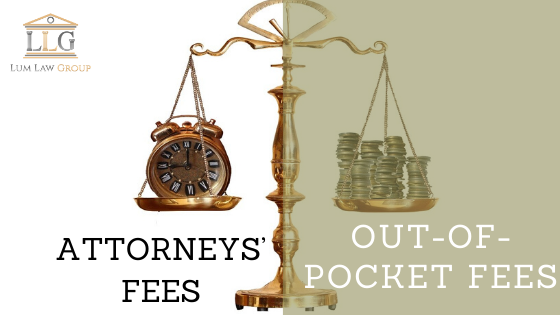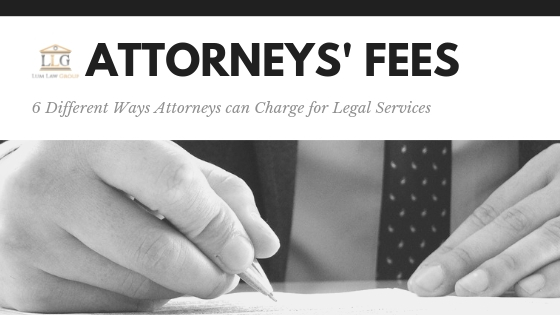What are out-of-pocket costs and how are they different from attorneys fees?

When hiring an attorney, it’s important to understand what you’re promising to pay the law firm before you sign on the dotted line. The attorney fees and out-of-pocket costs will be listed in the retainer agreement, so it is important to carefully read the retainer agreement before agreeing to it. Many times attorneys will only […]
6 Different Ways Attorneys Charge for Their Legal Services

Hiring a legal professional can be intimidating for the average person. Maybe you’re starting a business and realizing you need some advice. Or you have questions about trademarks or intellectual property in general. Perhaps you’ve been asked to sponsor someone for an employment visa. For whatever reason you’re considering hiring an attorney, a central question on your mind is: “How much is the lawyer going to charge me?” In this article, we break down a couple of the different ways attorneys can charge for their services so that you can be better informed prior to your initial appointment with an attorney.

